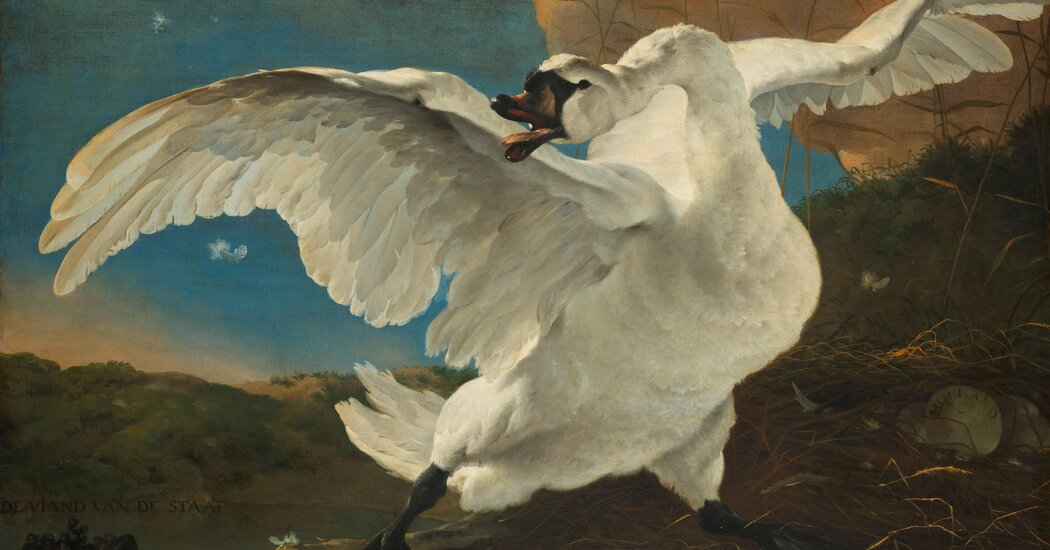The back cover of my 1985 reissue features two blurbs: One by Alice Walker, one by Henry Miller. The author photo is a head shot of the author taken in her late teens, staring through prison bars at a point beyond the camera lens. “BUSTED,” reads the caption, “for participating in a sit-in, J.J. Phillips in Wake Co. Jail, Raleigh, N.C., August, 1962.”
That’s as good an introduction as any to this genre-defying, wildly idiosyncratic, astounding novel. It’s the myth of Orpheus, told through the eyes of a Black teenager named Eunice Prideaux who becomes obsessed with the enigmatic blues singer Blacksnake Brown. Eunice more or less runs away from home to live with Brown in North Carolina; he’s presumably decades older, and by turns cruel and indifferent.
While from the time of publication “Mojo Hand” has had something of a cult following, it’s never not been divisive. For everyone who has been struck by the book’s sheer power and lyricism, the idiosyncrasy of its voice, who’s praised it as a Black woman’s Beat narrative or a sly work of civil disobedience, someone else has been shocked by its raw sexuality and by Blacksnake’s casual abuse — or criticized its portrayal of Black masculinity. (The literary and music critic Albert Murray was especially harsh.)
The truth is, Jane Phillips wrote this for herself, not even initially planning to publish. While the book is not autobiography — it’s full of mysticism and fantasy as well as mythological allusion — the author did in fact chase down the legendary bluesman Lightnin’ Hopkins and was involved with him for about five years. You could call this a coming-of-age story or a period piece or a tragedy, but that wouldn’t be doing it full justice. This is a love letter to music, and specifically the blues.
It’s not a pretty love; it’s horrible, wrenching, obsessive — in the book’s terms, a kind of wicked magic that lures a young woman from the relative safety of a middle-class Black home to a scary and lawless America, and changes her inexorably. Eunice puts it into song: “They says when a man gets the blues, he catch a train and rides, and when a woman gets the blues, she hang her head and cries, but when this woman gets the blues, she puts on her black wings and flies.” You will never forget it.


